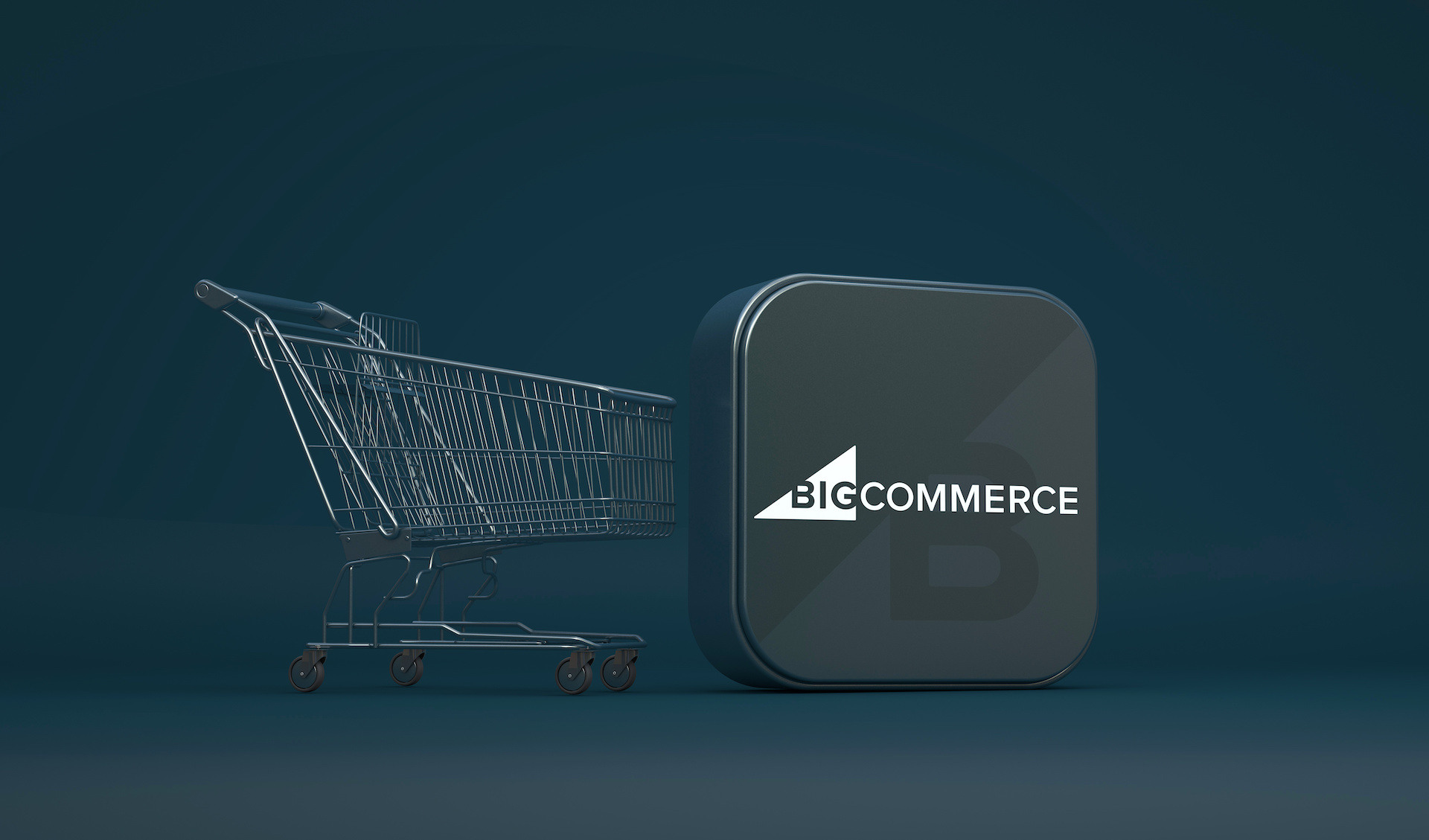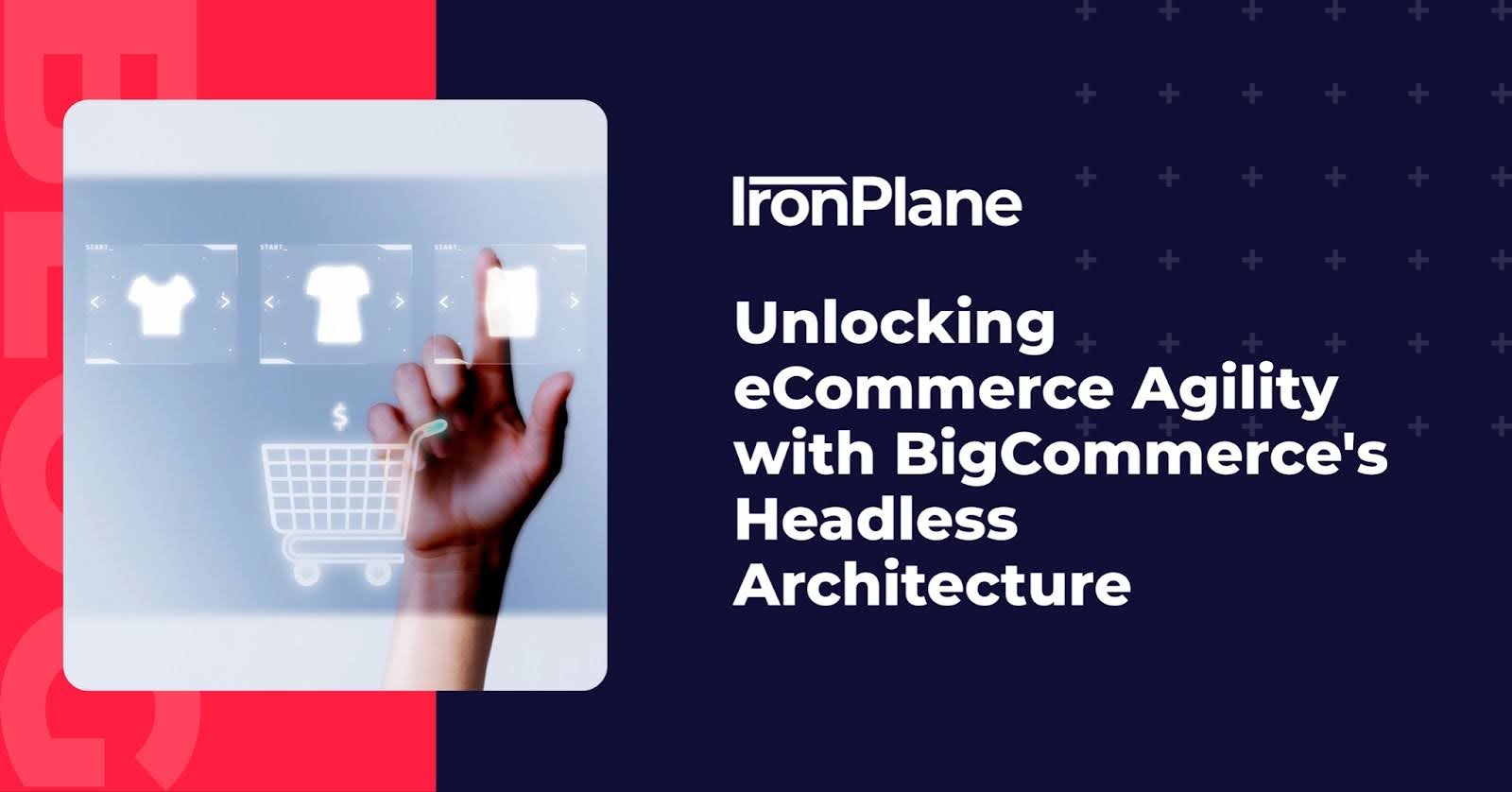Unlocking eCommerce Agility with BigCommerce's Headless Architecture
In today's fast-paced digital landscape, eCommerce businesses need the flexibility to adapt quickly and deliver exceptional customer experiences across multiple channels. This is where BigCommerce's headless architecture.


 Jeff Zoldy
Jeff Zoldy




.png)